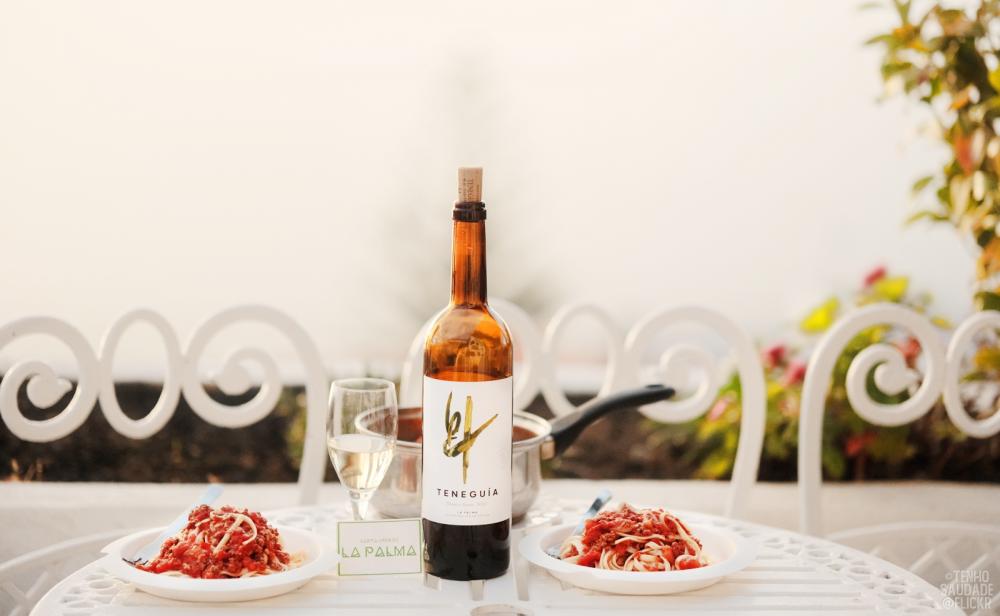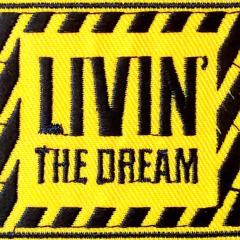We are leaving the capital Santa Cruz and moving on to the southern part of the island.
Santa Cruz (photo found online)
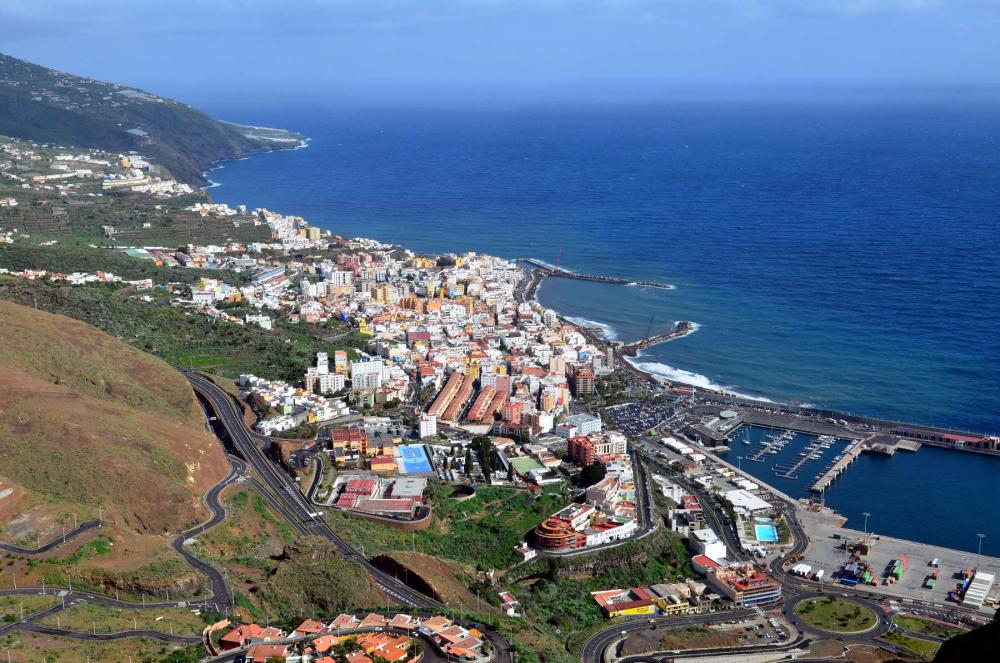
We are now in a village (population just a little over 200) in the mountain. It's a dizzying, steep ride to reach the village from the capital Santa Cruz. The village has one restaurant (not sure it's even open, and even then surely not for lunch) and no shop here so we need to take the first walk to the next town called Fuencaliente. All doubts about La Palma being the steepest island in the world are instantly vanished as soon as we start walking. The climb starts literally across the street from our lodging and it doesn't stop until we reach our destination. My favourite exercise in the gym in the stair machine and it's clear it's absolutely no match for this! I enjoy walking on inclines but this is just brutal.
Our base village, basking in Canarian sunny splendour.
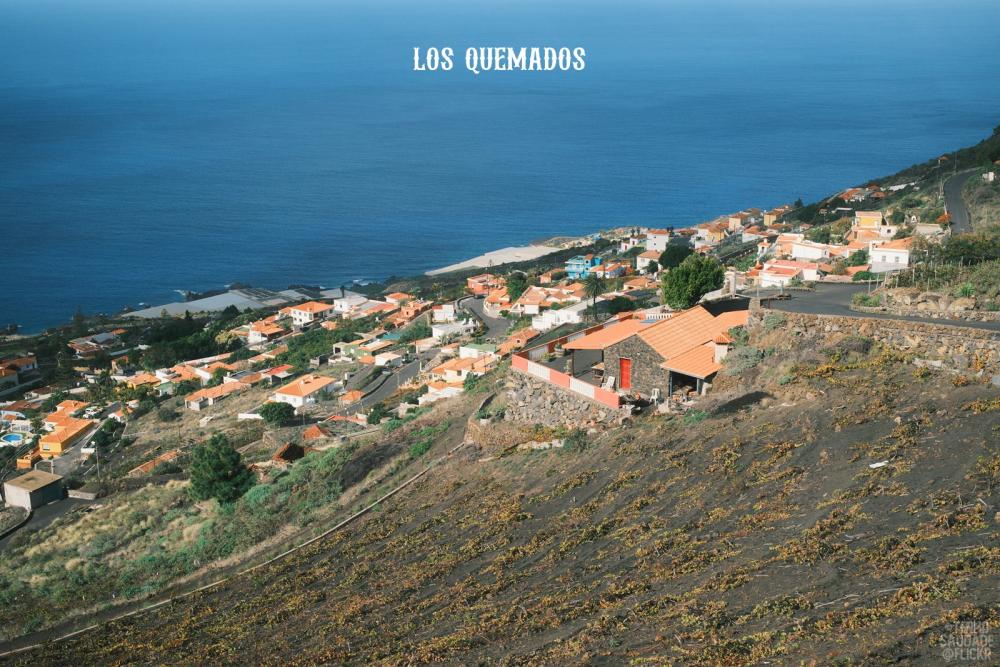
One will quickly notice the common/popular plants in people's gardens. One of them is these heavy flower heads, sweet smelling and thus attracting lots of bees.
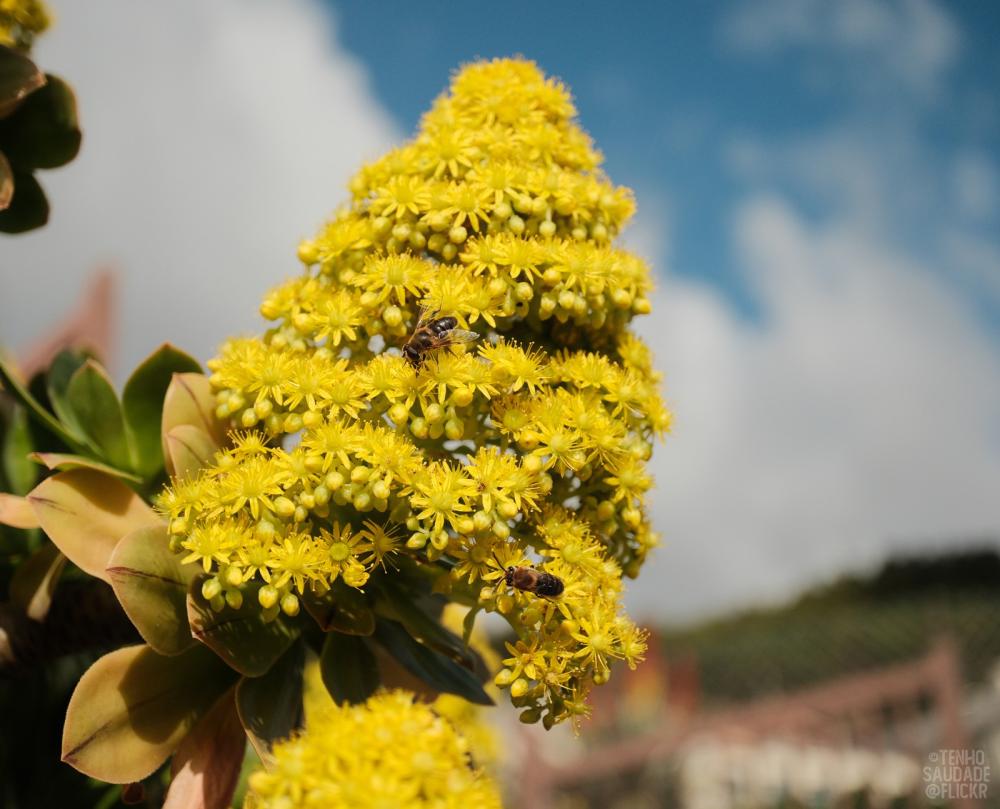
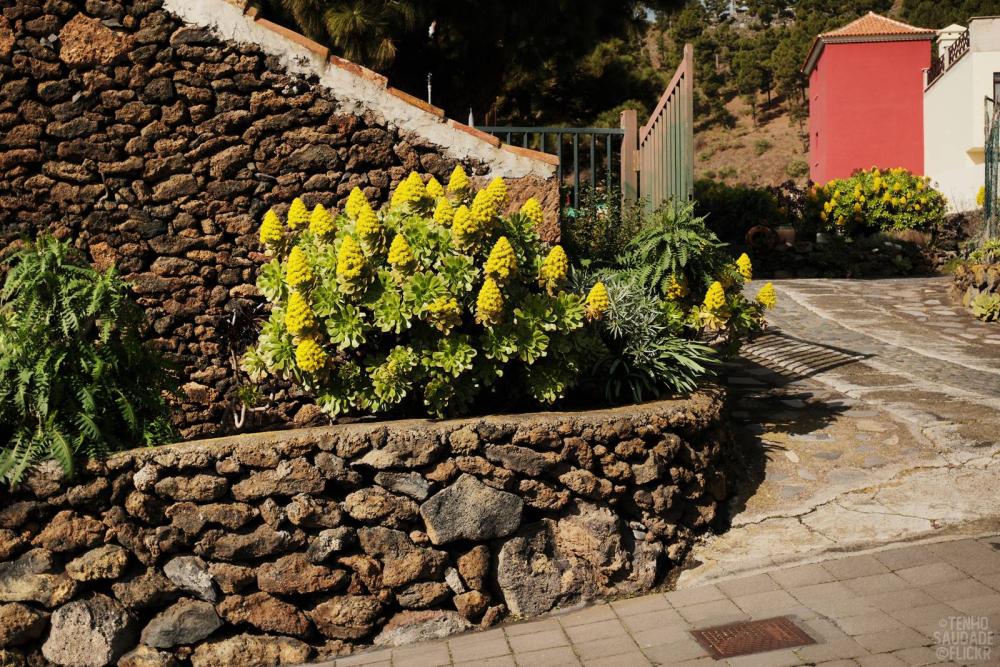
Fuencaliente is a small town, it has 2 supermarkets, 2 cafes and 2 pizzarias.
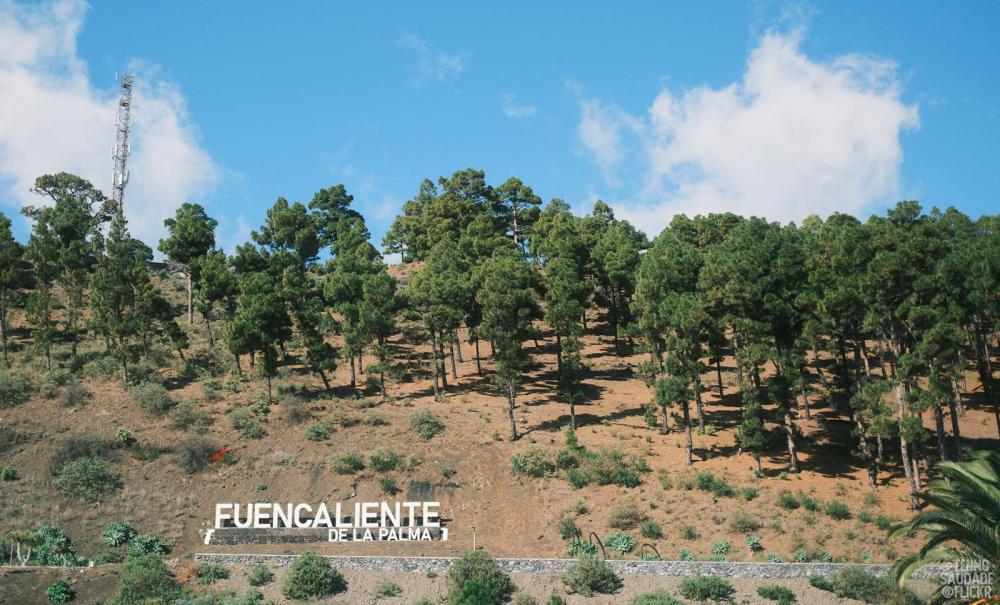
A roundabout is this tree in the middle of the intersection.
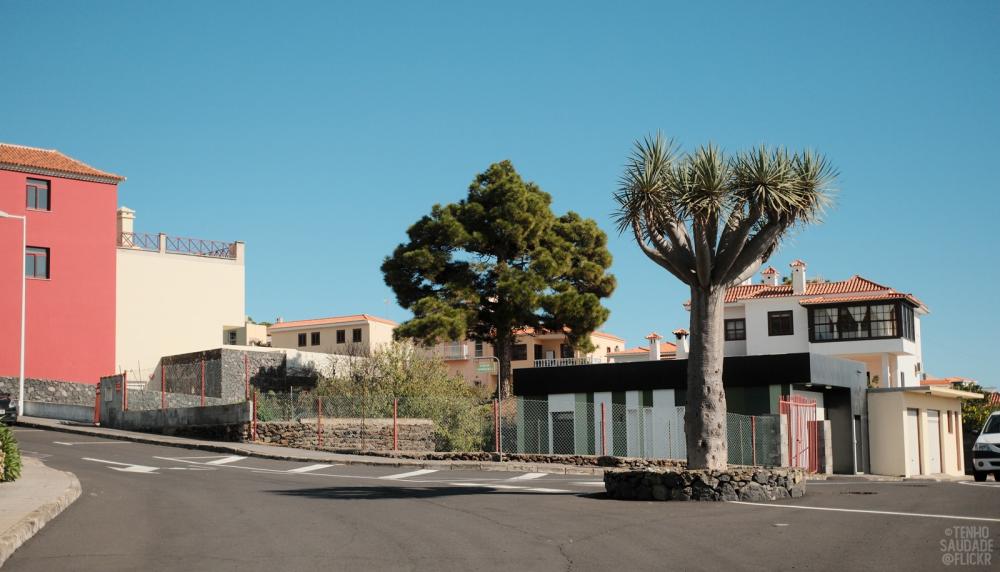
Big bags of Palmeran chillies for making mojo rojo (not spicy kind) sold at a butcher's shop.
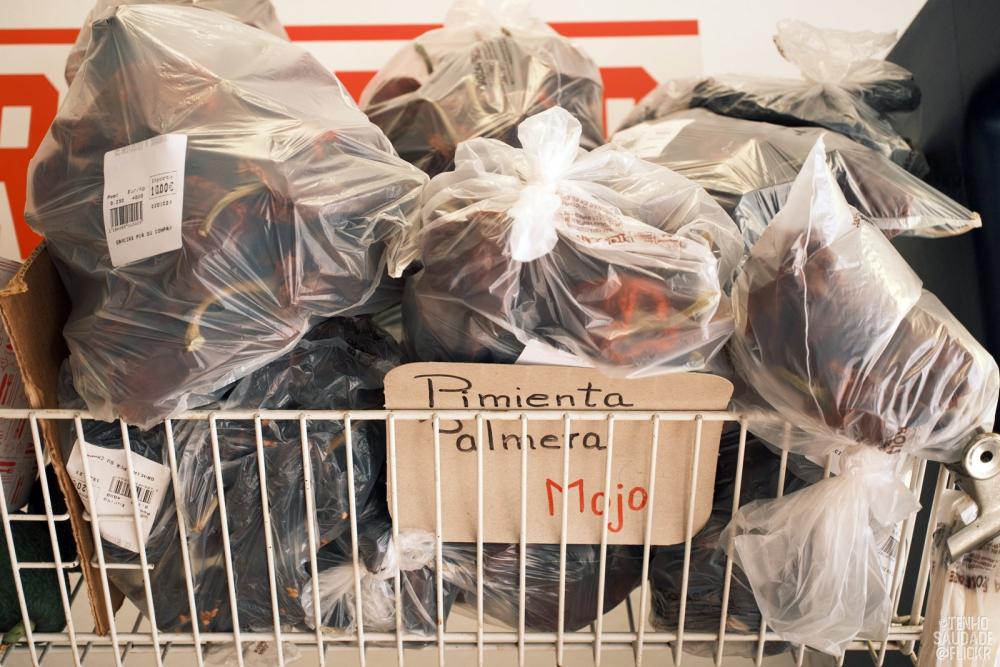
One of the things we pick up is potatoes. For papas arrugadas you use this variety only. It's either half waxy or very waxy (at least in my experience). Most Canarian islands grow their own potatoes but Tenerife is the biggest producer and their potatoes are most commonly found in supermarkets.
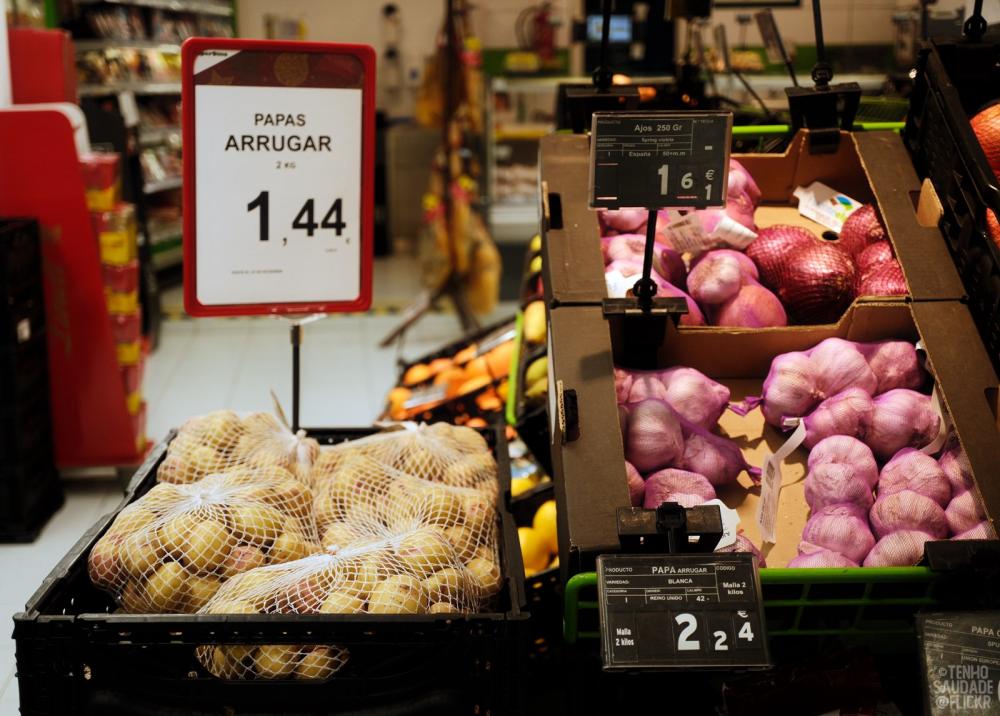
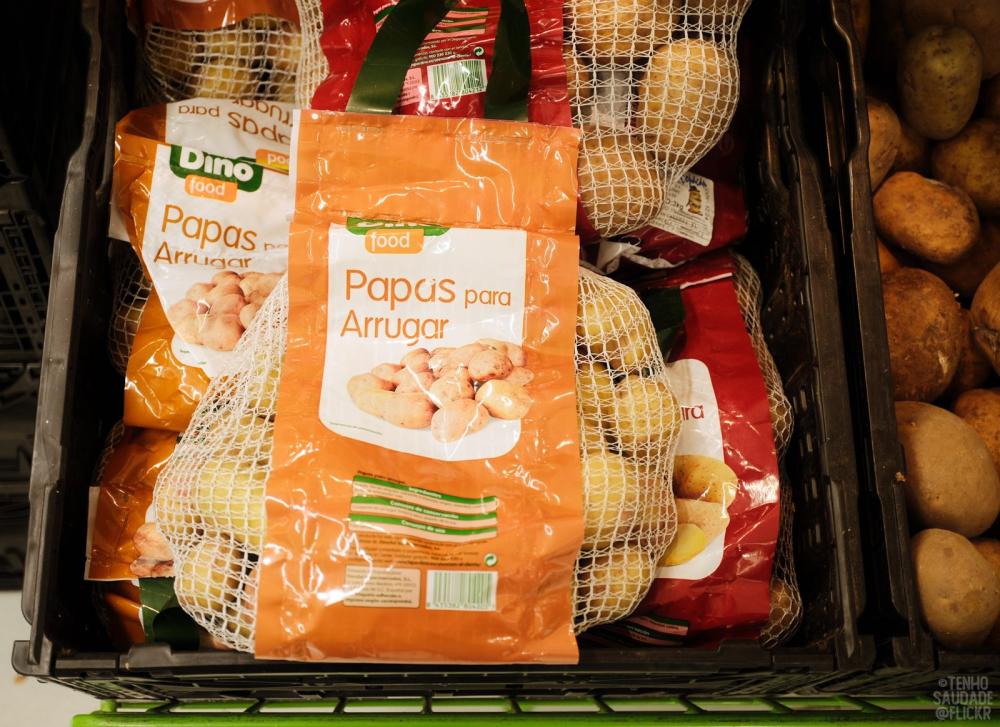
We also make a quick visit to a local winery to pick up a few bottles. I get to taste a few wines, too.
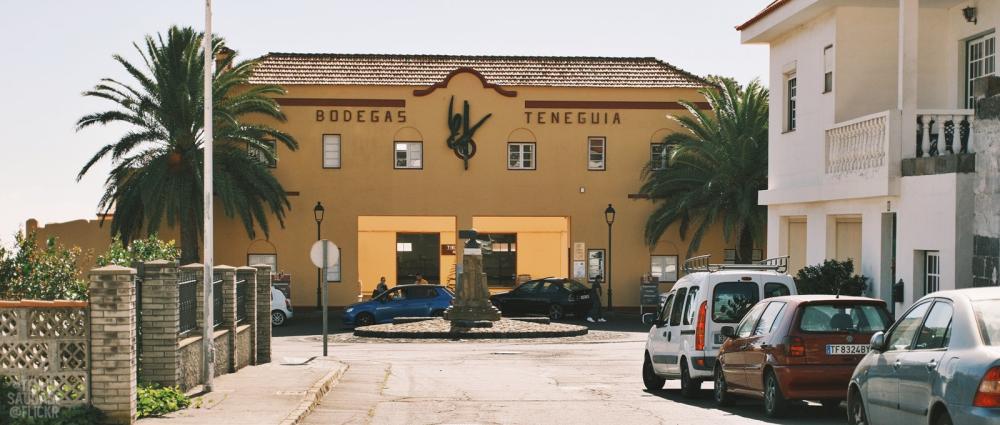
Malvasia is mainly produced in this southern part of the island. I also have a taste of the sweet wine (background, in the middle) but not sure if I want to buy it. Mayby KennethT would, though.
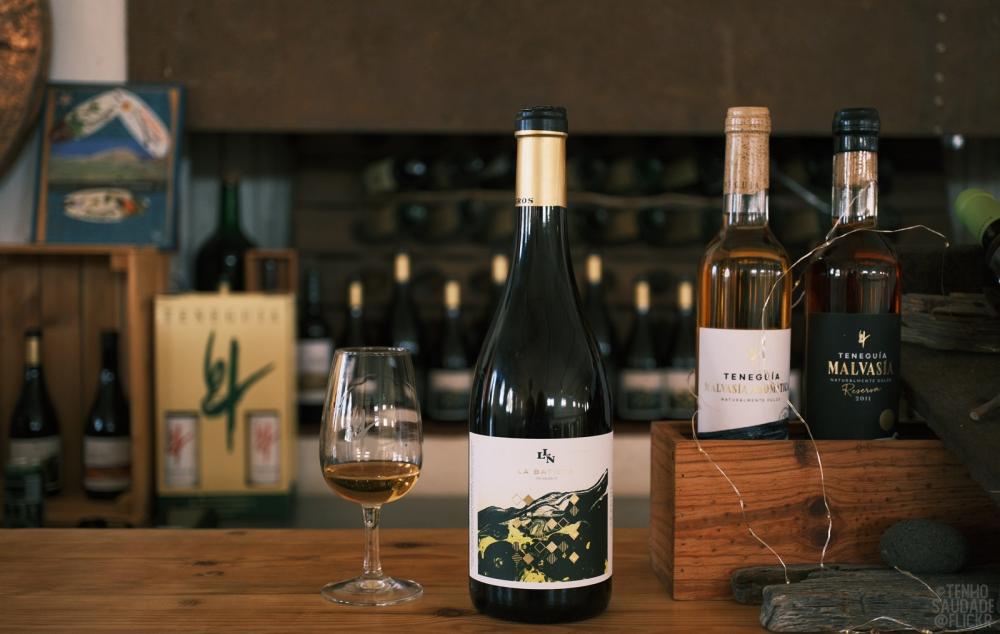
Want to buy this one but it's not possible. They harvested the grapes during the most recent volcanic eruption, enough to make about 1 thousands bottles, which were sold out quickly. This is the last bottle just for show.
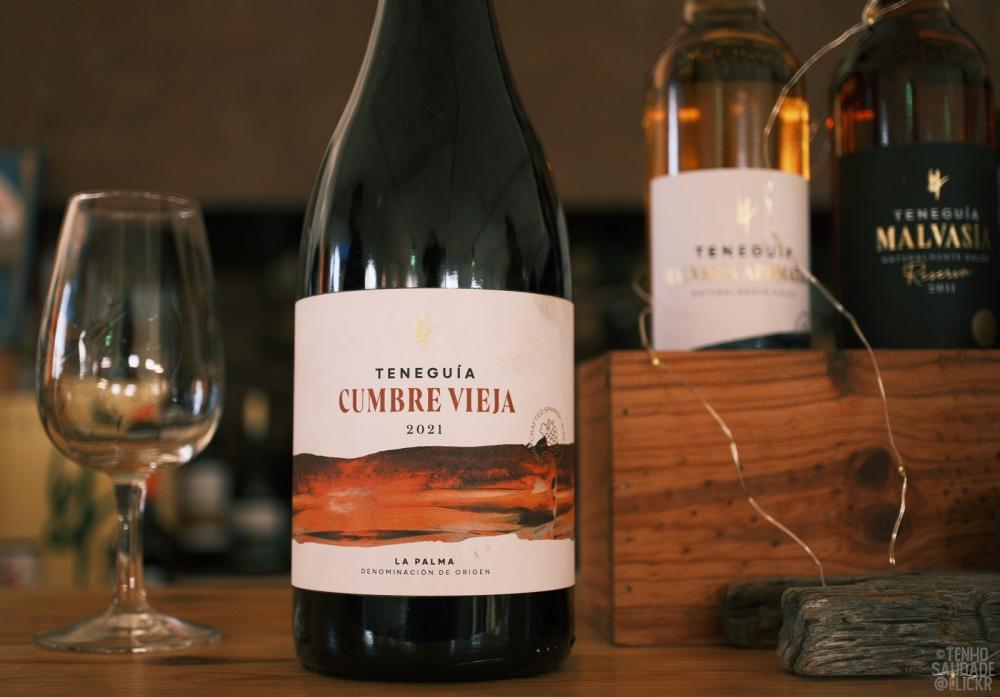
Looks like a giant tin
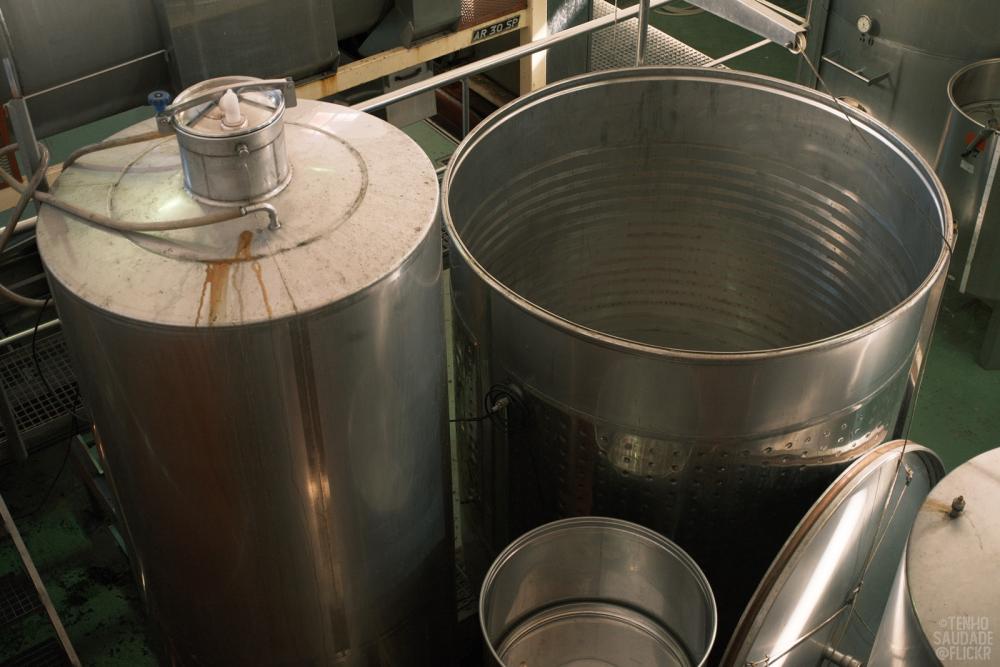
Wineries here are small, nothing on a massive industrial scale like in some countries.
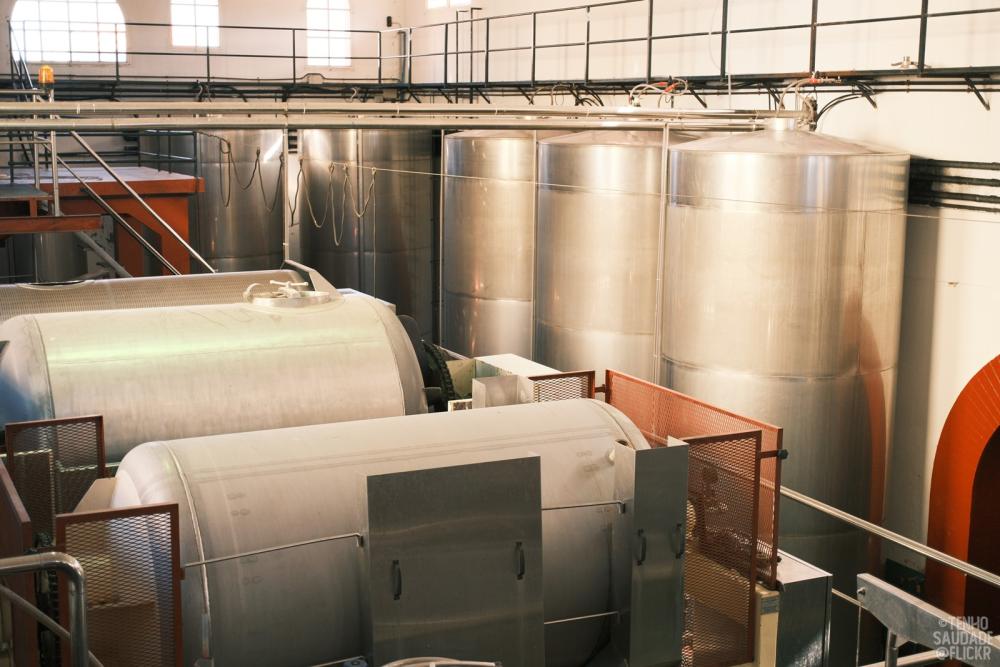
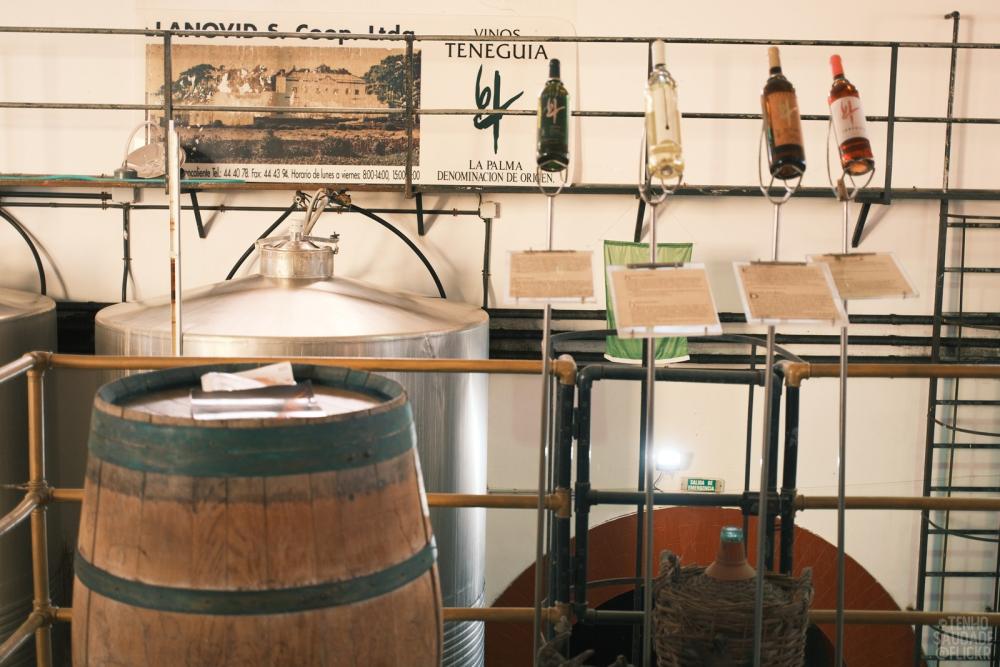
Lunch at a bar-cafe that also serves simple home-style (Canarian) dishes. For the first plate, I have "Bratwurst" in mind when I see "salchichas", but what's in front of me is actually something a lot like hot dog. (I don't recognise names or some dishes here, makes it a quite a bit harder to order). Anyhow, I try one piece just to make sure. Yep, it's hot dog. The partner has to eat it all.
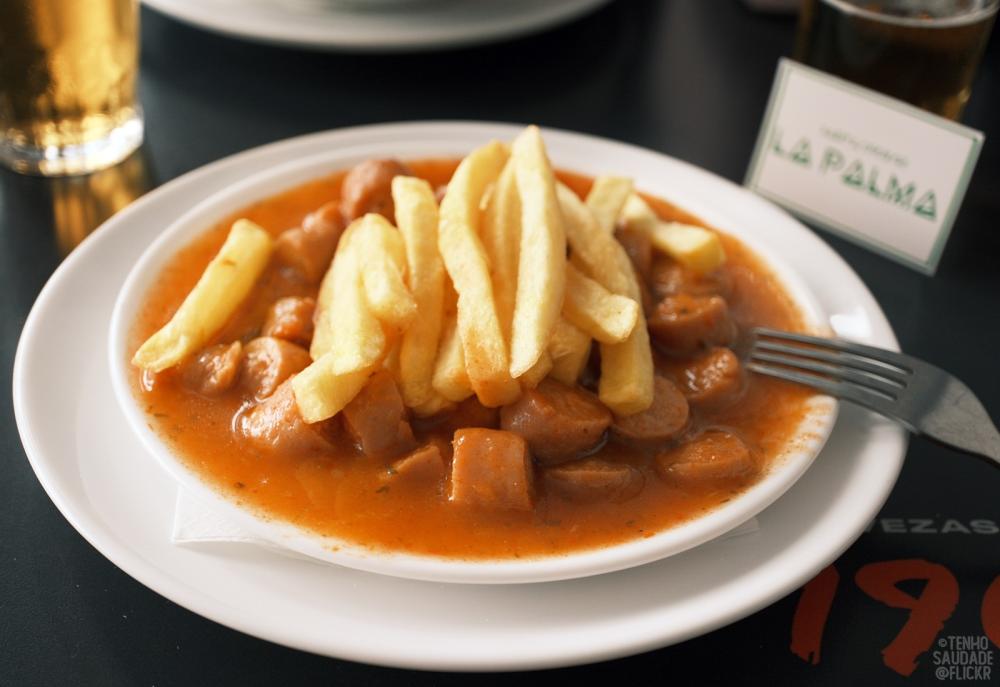
So now I know when it says "ensalada mixta" it's this. Lettuce, sweetcorn, pickled carrots and pickled beetroots. At least it's not doused in a mayo based dressing (I would not touch it in that case). Vinegar and olive oil on the side if needed.
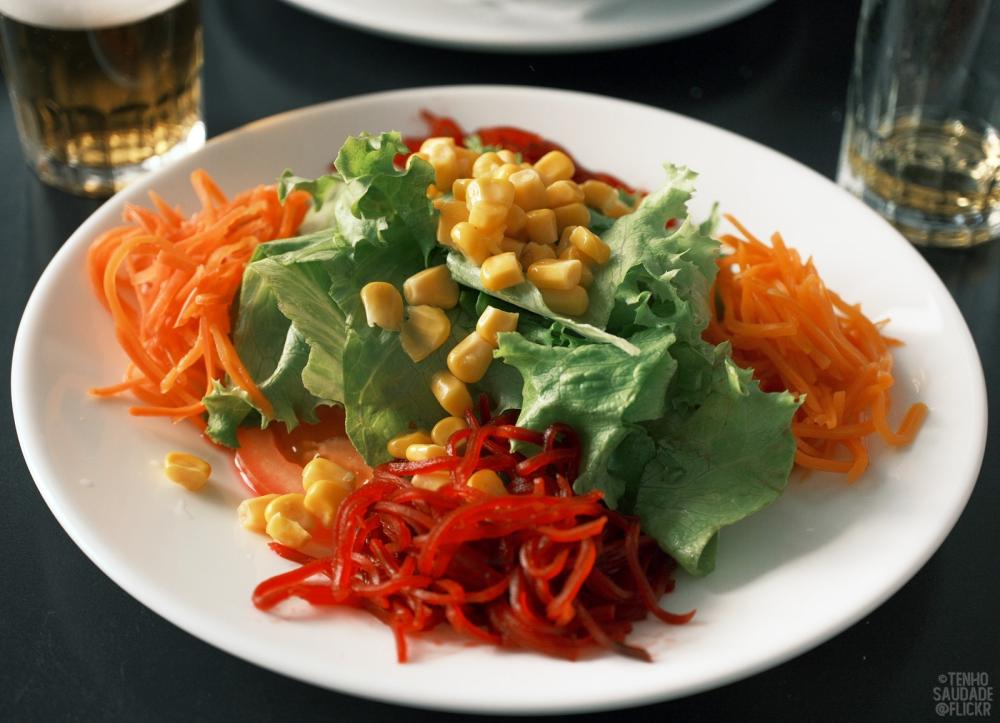
Very nice braised beef. The meat shreds like threads, how we like it. The beef has a strong beefy smell. Beef at home they make sure it doesn't smell.
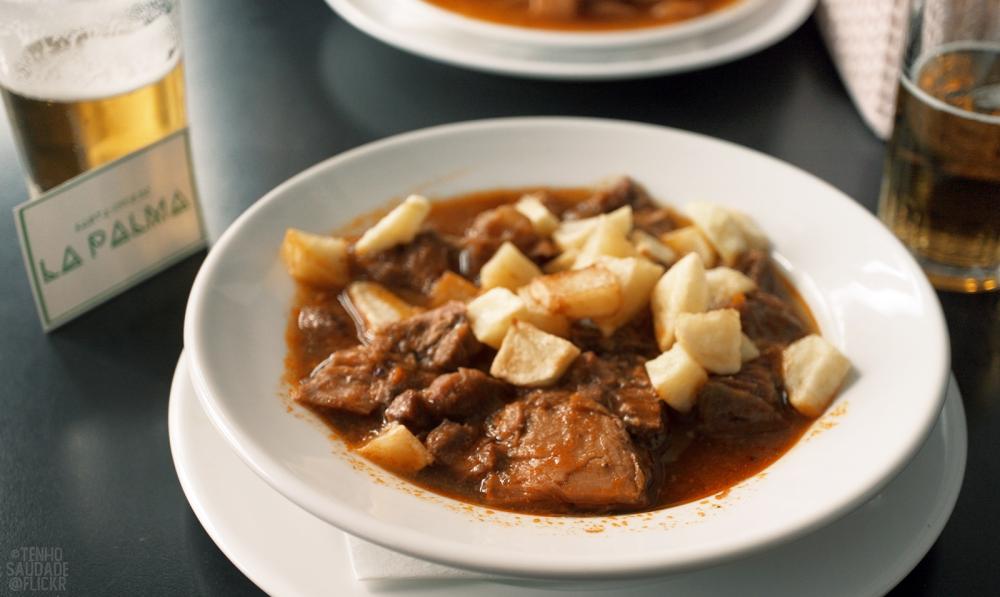
Many people have citrus trees in the garden and they are full of fruit right now.
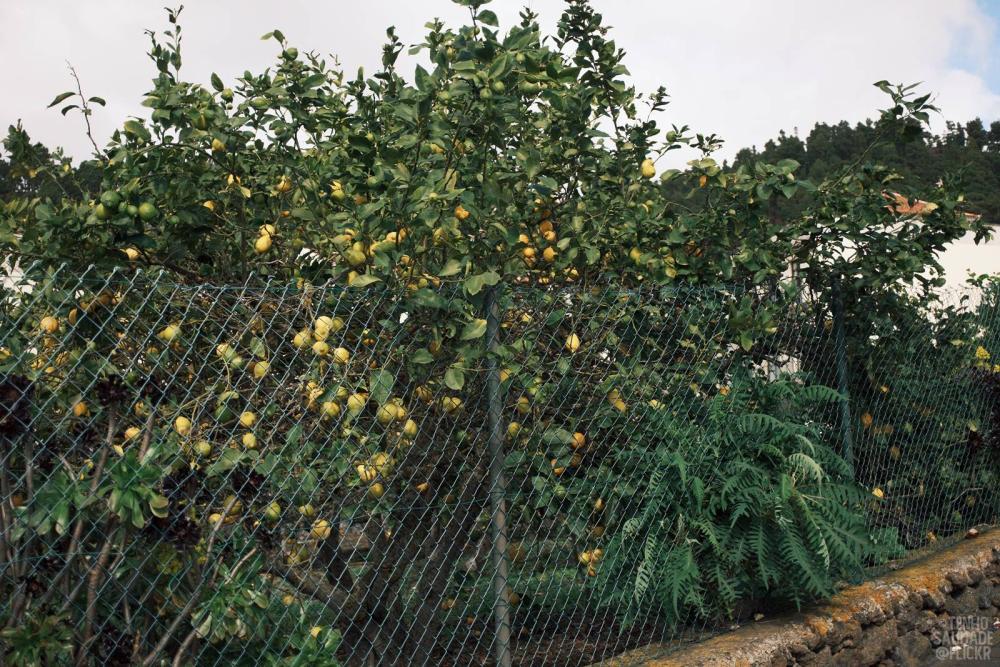
That's the bus stop steps from my lodging. Someone's little garden is next to it. I see a citrus tree, squash/pumpkin plants, peppers (capsicum) and other vegetables.
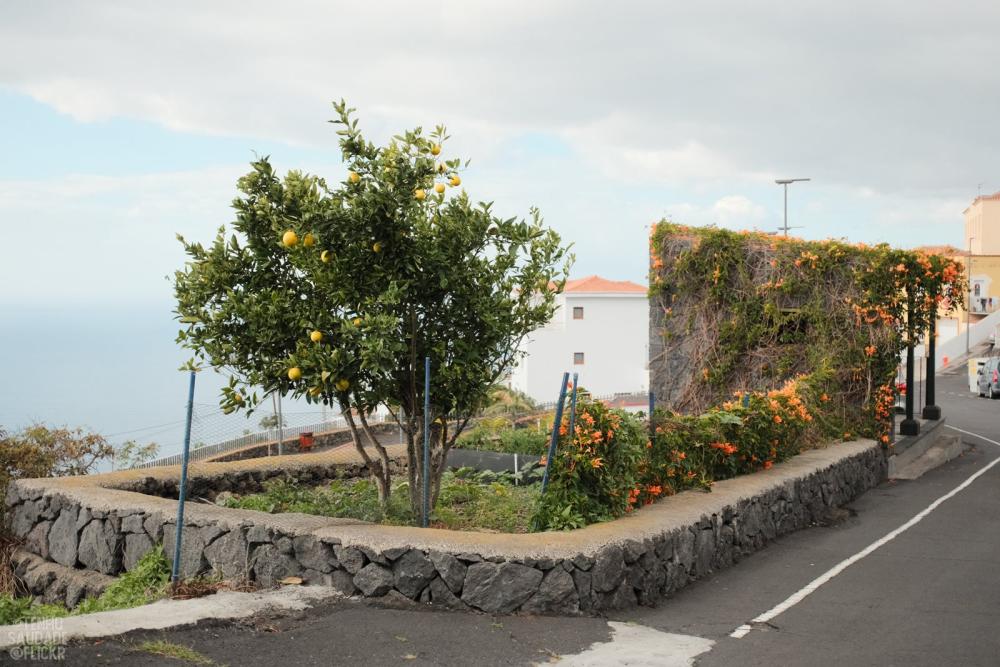
On left with white walls is lodging owners' house (right across from my place). Very typical La Palma style.
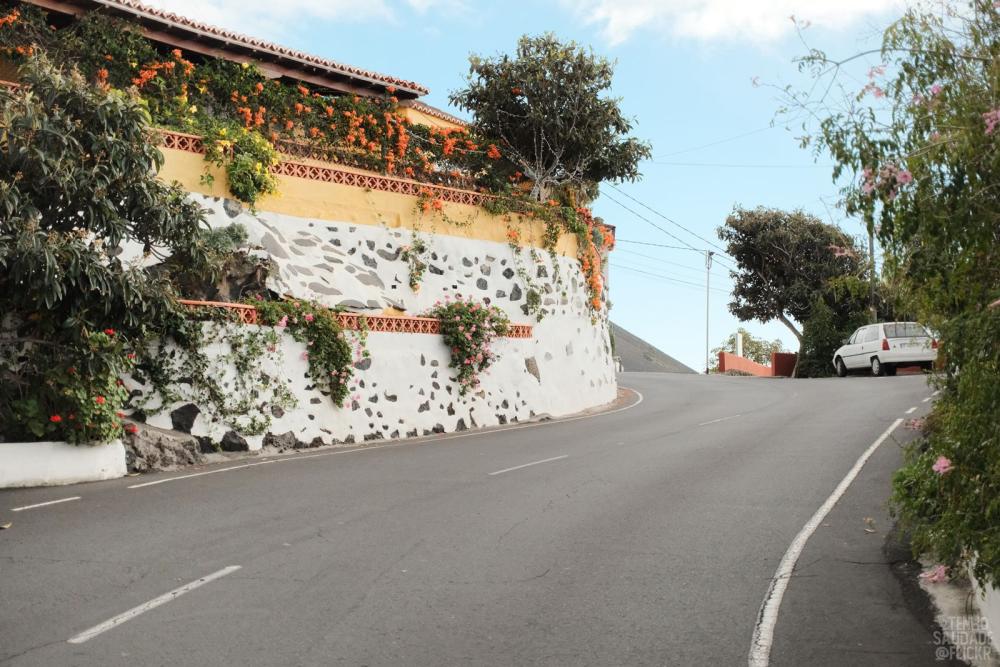
Mine is also Palmeran in style. It's small and cozy. We like it. The photos show you what a little house on La Palma looks like inside and out.
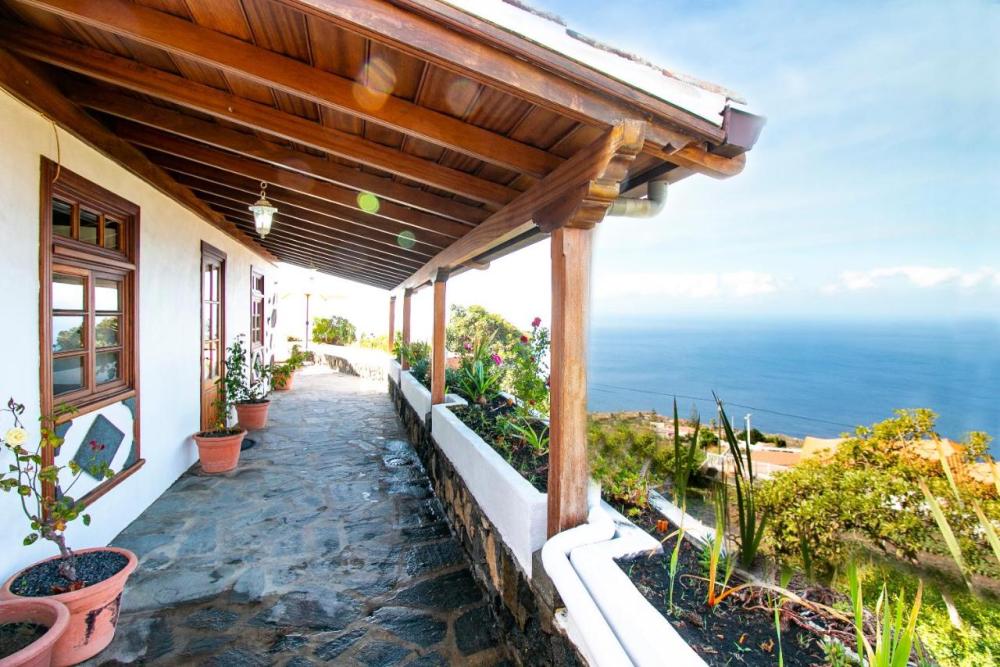
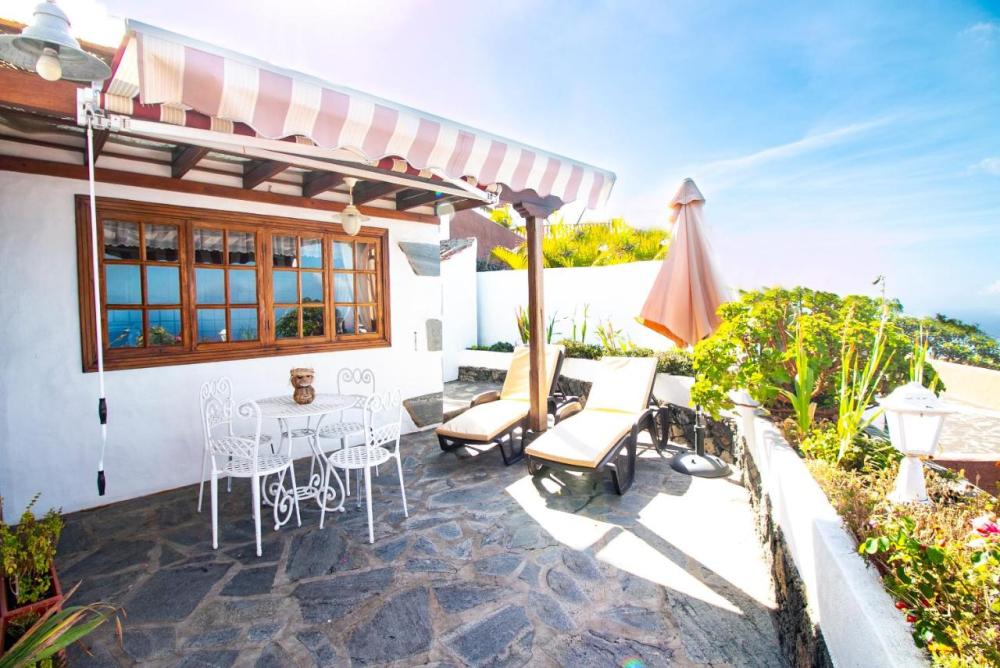
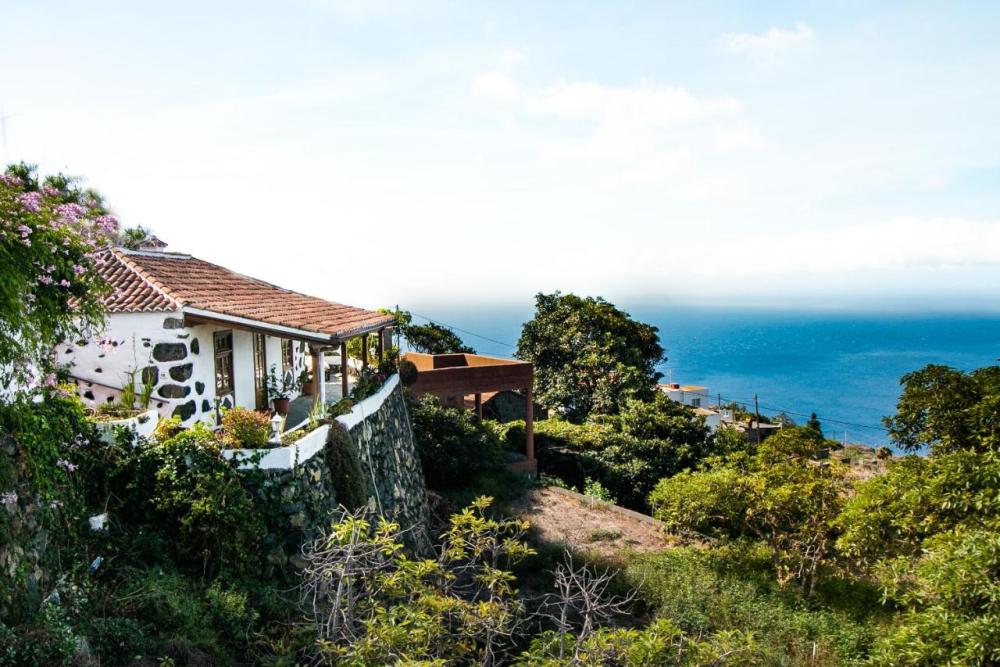
The kitchen looks OK but can't really cook anything other than simple 1-pot meals.
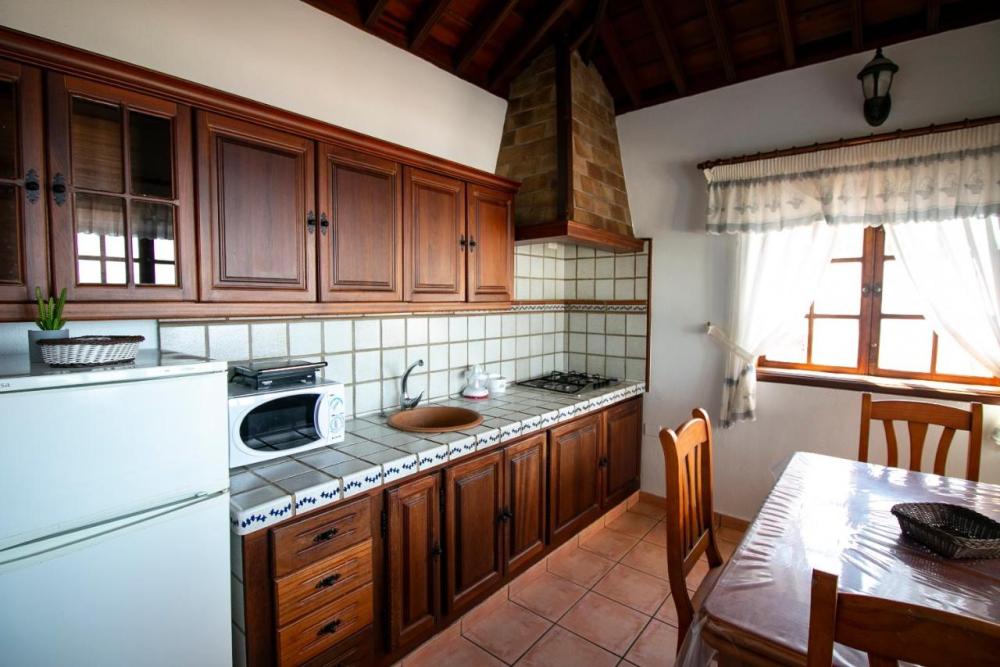
First wine from the winery a few kilometres from here that we visited earlier.
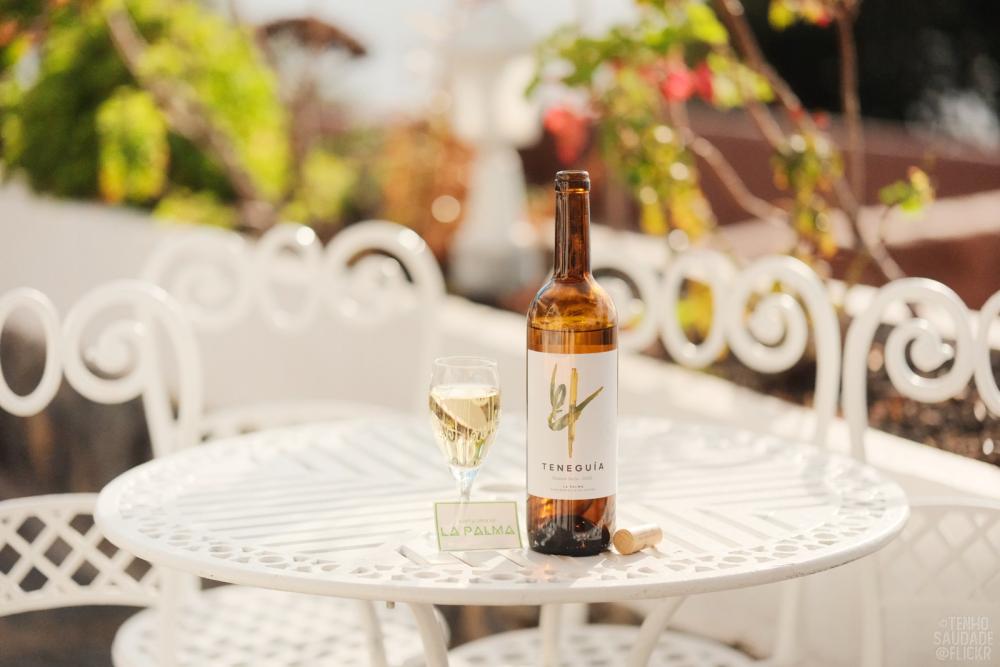
I have 2 pots at my disposal, only 1 has a lid. You'll see something simple like this pasta with red sauce for the rest of my time here so don't have high expectations.
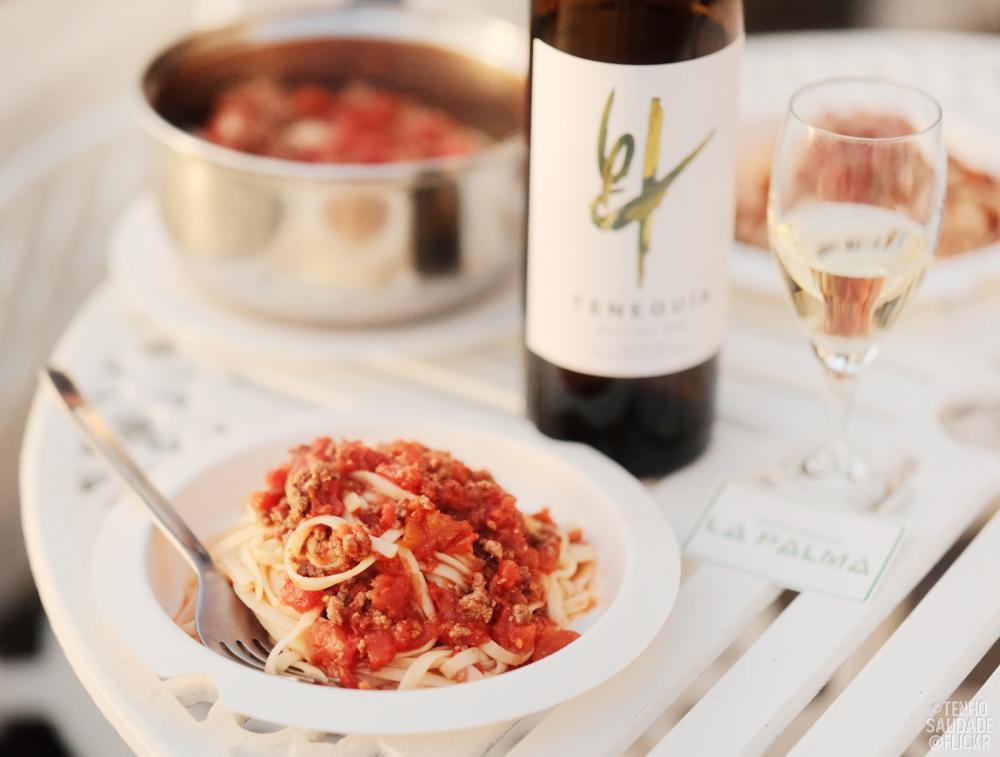
Golden hour pasta and a local wine. So that's my first home-cooked meal since I got here. How happy we are to be here on La Palma!
